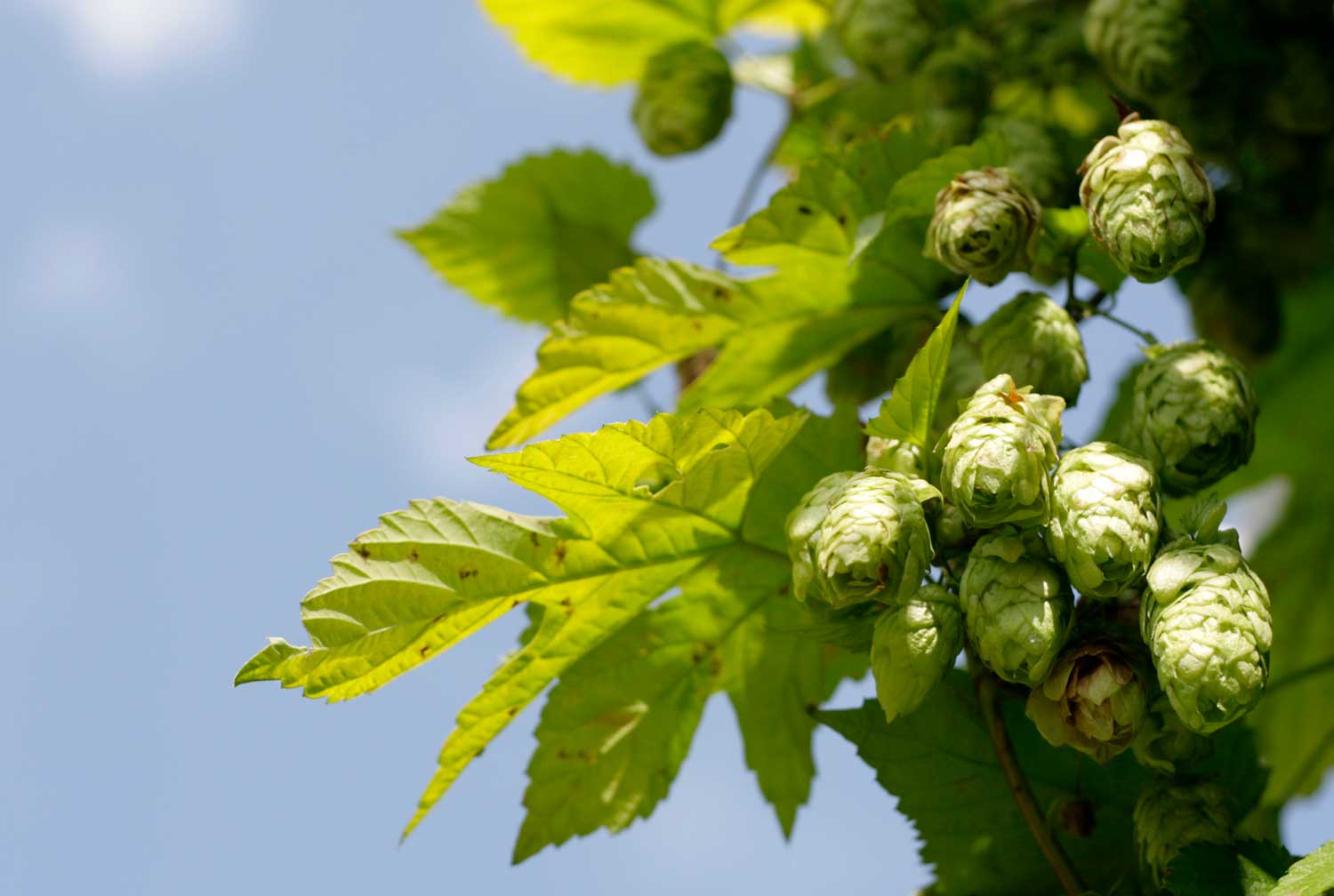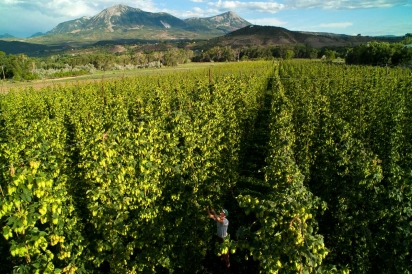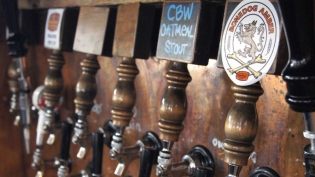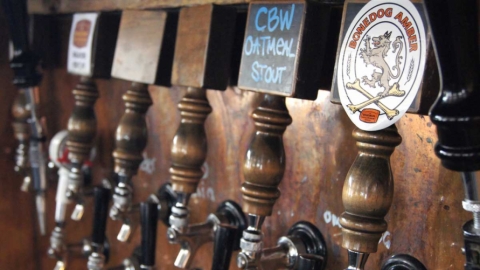Colorado’s Hop Industry is Hopping, and Craft Brewers are Reaping the Benefits
Just as chefs infuse their food with flavor and complexity using culinary herbs like basil and oregano, craft brewers rely heavily on the vines called hops to season and spice up their beers.
From hops like the Columbus variety added early in the brewing process to impart bitterness in beer to types like Nugget and Chinook dropped in later for flavor and aroma, hops give brewers access to a versatile range of flavors. Bitter hops and sweet malted grains have often been described as the yin and yang of beer, creating a balanced brew that inspires the urge to take another sip. Hops also have anti-bacterial properties that can boost shelf life in beer: The hoppy India Pale Ale was reportedly invented by British soldiers who generously hopped the beer they shipped to comrades in colonial India to prevent it from spoiling.
Lucky for Colorado’s craft brewers, hops grow extremely well in the Centennial State, even growing wild near rivers in the Roaring Fork Valley.
There are about 24 hop farms in Colorado and roughly 80 acres under production, according to a recent Colorado State University survey. Towns like Palisade, Paonia, Hotchkiss and Olathe are some of the fastest-growing hops hotspots in the state: This year the Aspen Brewing Co., Carbondale Beer Works and the Roaring Fork Beer Co. are all sourcing hops from High Wire Hops farm in Paonia, and Casey Brewing and Blending in Glenwood Springs will buy them from Simply Grown hops near Palisade and Misty Mountain Hop Farm in Olathe.
Still, there are limits to the speed and scale of the industry’s growth: Since a typical hop plant doesn’t produce fully until four years after planting, meeting brewer demand instantly is virtually impossible for a startup operation. There’s also a shortage of machinery in Colorado to dry and pelletize hops, a process that’s essential for preserving the plants so brewers can use them year round. Last year, many Colorado hop farmers wound up shipping their fresh hops to Wisconsin to be pelletized, an expensive and inefficient proposition.
Although the vast majority of hops used in U.S. beer production still come from huge farms in the Yakima Valley of Washington, Colorado hop farms continue to expand. High Wire Hops in Paonia, run by farm manager David Warren, has six acres in production now but plans to expand that to 11 acres by 2016.
High Wire worked with more than 50 of Colorado’s 232 breweries last year alone, mostly providing fresh hops that brewers use to add aroma late in the brewing process. A little hop goes a long way: Ken Jones of the Glenwood Canyon Brewing Co. explains that he uses about 13 pounds of hops to brew a batch of his Vapor Cave IPA, compared to 750 pounds of malt.
Farming hops can be labor intensive: The plants grow about 18 feet in the first month of the season, and farmers must train their unruly vines onto wires strung high above the ground. In May, High Wire Hops farm had a workforce of 10 people employed tying 12,000 cords onto wires that would guide the vines throughout the season.
In brewing, the line between a deliciously bitter hop and one that’s funky enough to spoil a batch is dangerously thin, so hop farmers carefully monitor the oils in their plants—and often have them tested by third party labs—to precisely time their harvest and ensure their hops are used to produce the tastiest beer possible.








